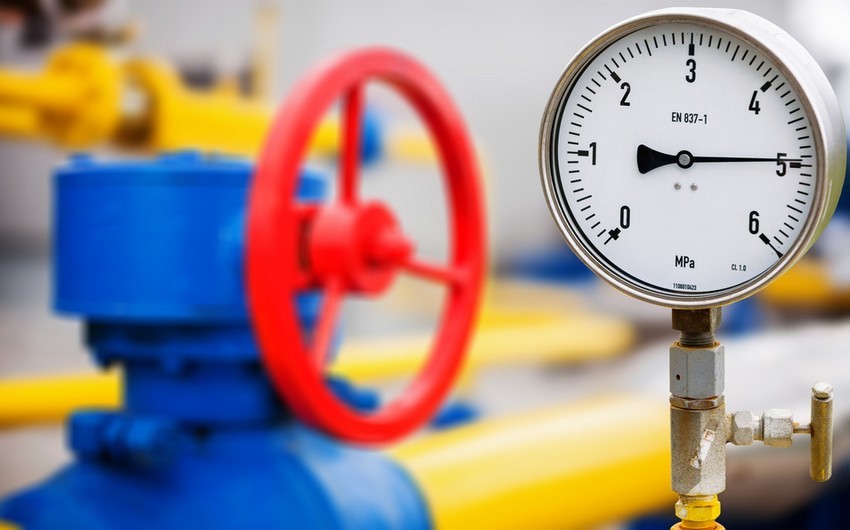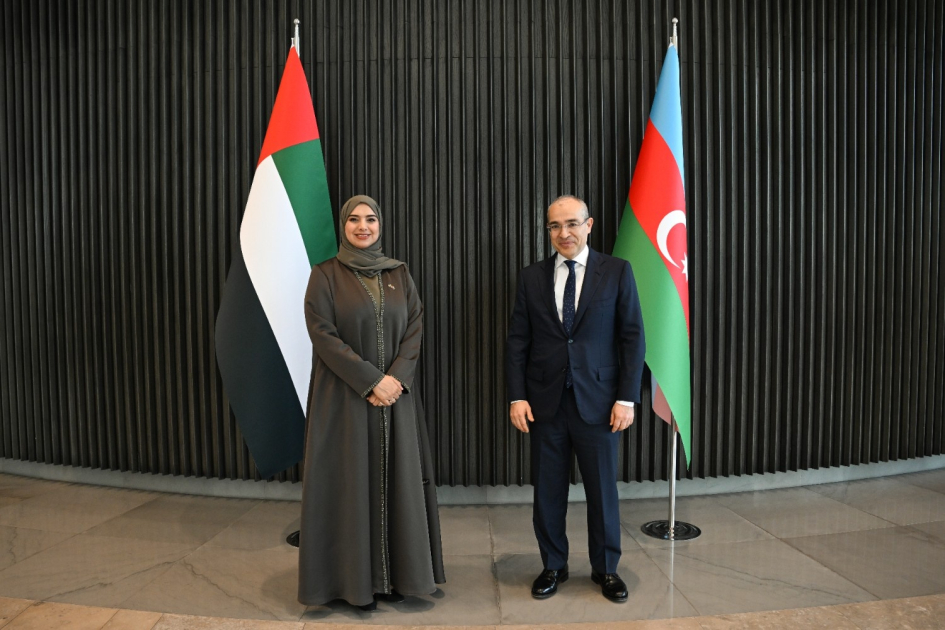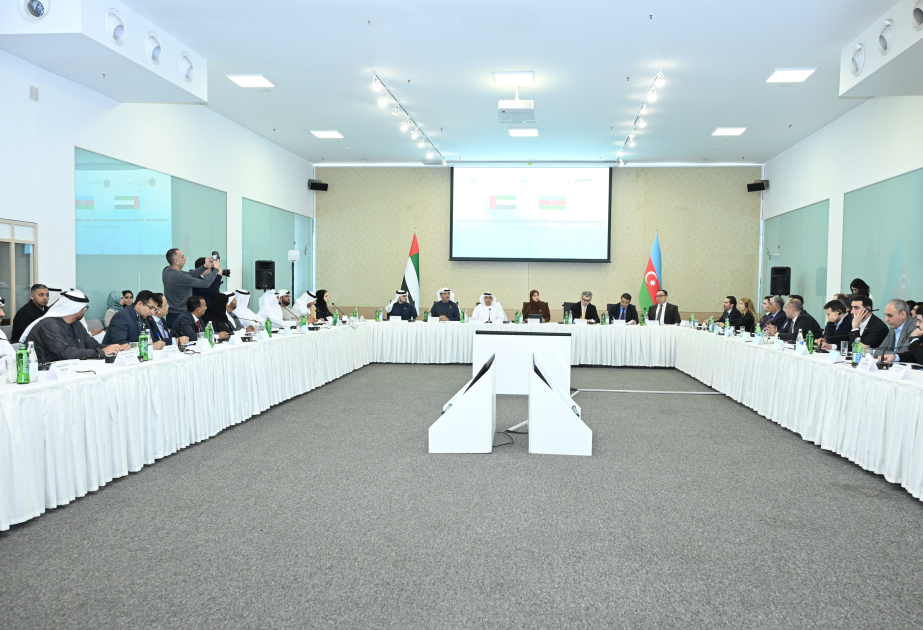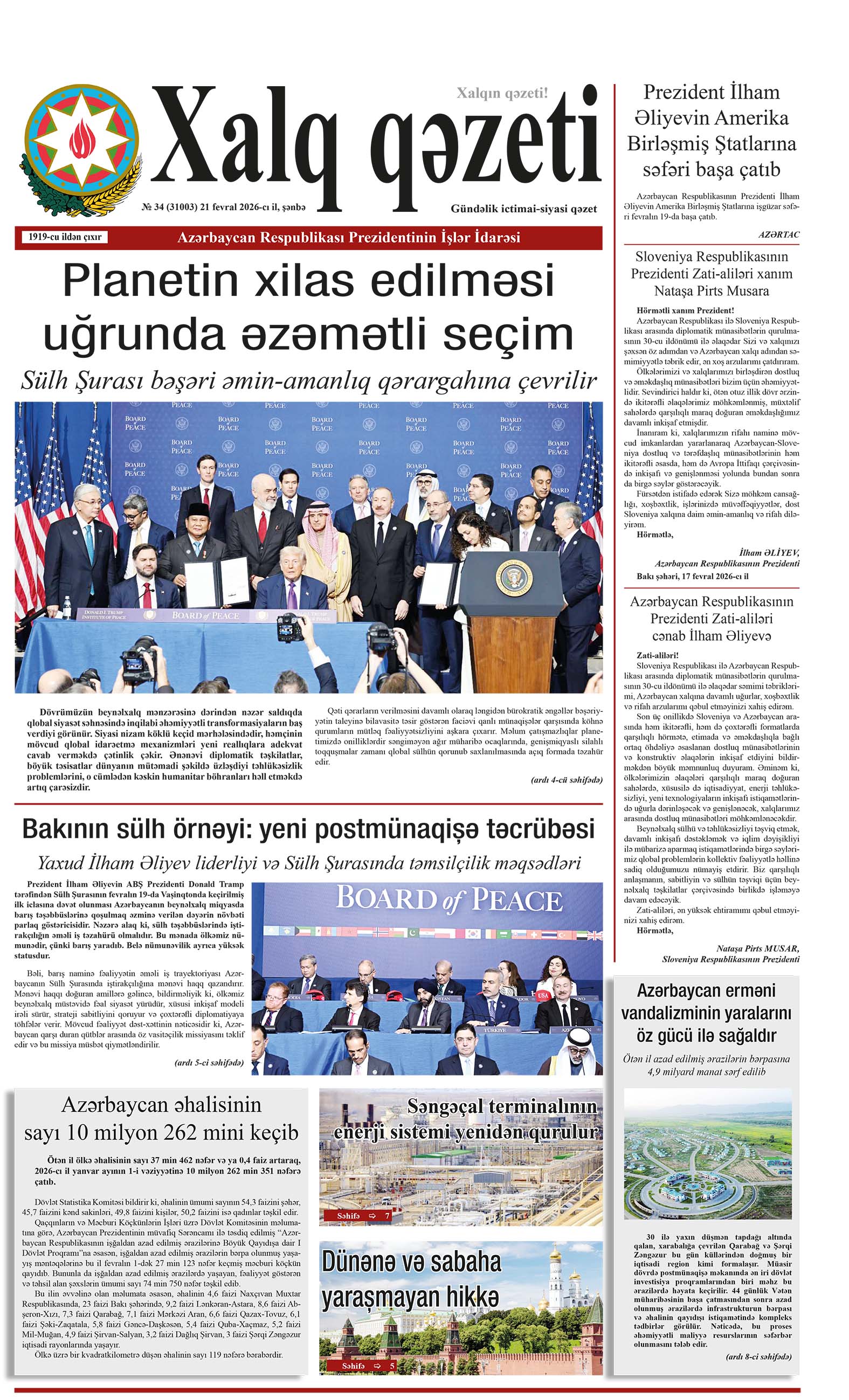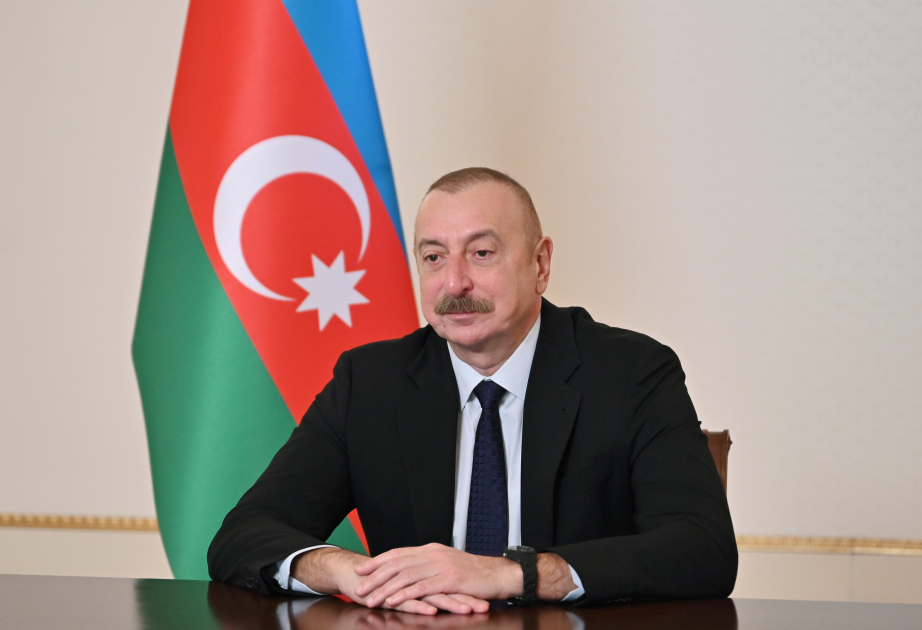Bulgaria’s utilities regulator has approved an 11.3 percent cut in the regulated gas price in the country for the month of January, setting the new price at 77.6 leva ($43.36) a MWh, excluding transportation costs, excise and value-added tax, Report informs referring to Bulgarian media.
The regulator said that it decided to lower the price after two months of increases due to the price trends on international gas markets.
The Energy and Water Regulatory Commission (EWRC) said that the long-term gas contract with Azerbaijan, which is linked to oil prices on international markets, rather than prices on gas hubs, played a key role in the price cut.
With Azerbaijani gas accounting for 40.3 percent of the monthly consumption, EWRC said that it remained a positive factor in “achieving beneficial prices.”
The rest of the gas for domestic consumption was secured by state-owned gas company Bulgargaz via a liquefied natural gas (LNG) delivery contract, as well as gas being pumped out of the country’s gas storage facility at Chiren, the regulator said.
Azerbaijani gas supplies to Bulgaria in 2023 are expected to reach about 1 billion cubic meters. Gas supplies to Bulgaria via the Interconnector Greece-Bulgaria (IGB) began two years ago. In 2021, 270 million cubic meters were supplied. In 2022, supplies amounted to just over 500 million cubic meters.
Azerbaijan supplies gas to Italy, Bulgaria, Greece, Romania and Hungary. Deliveries will begin in Serbia in 2024. In addition, a number of countries in Europe have expressed interest in purchasing Azerbaijani gas.
IGB is connected to the Trans Adriatic Pipeline in Greece and primarily supplies Azerbaijani gas from the Shah Deniz field in the Caspian Sea to Bulgaria. At subsequent stages, after expansion, Azerbaijani gas will be able to be delivered to other countries in Eastern Europe. The throughput capacity of the gas pipeline is 3 billion cubic meters; this year, as a result of modernization, it is planned to increase it to 5 billion cubic meters.


